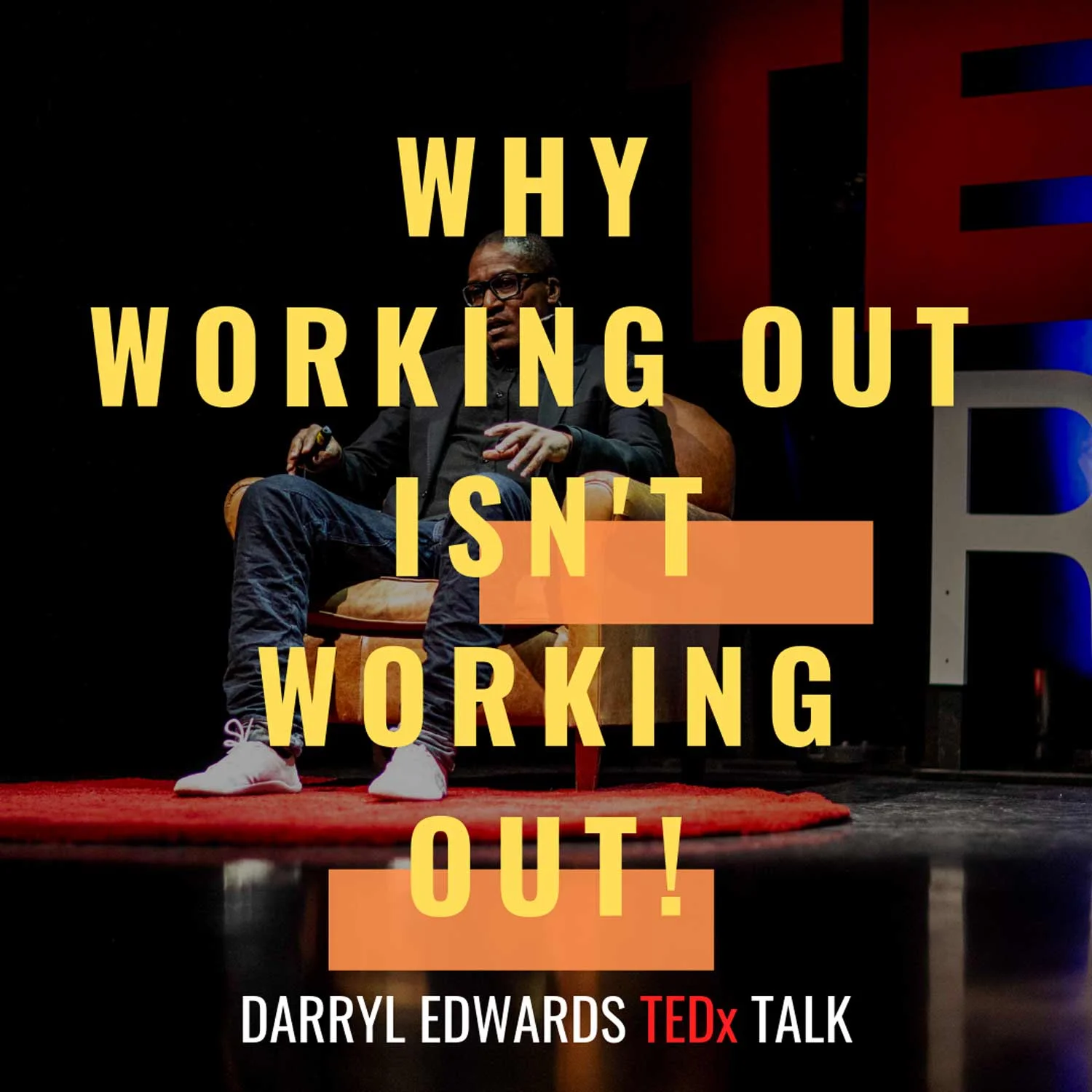Why Working Out Isn’t Working Out
““75% of UK children spend less time outdoors than prison inmates!””
Darryl Edwards - TED Talk
"Why Working Out Isn't Working Out"
Most exercise programmes come with a philosophy. Usually, a half-hearted one that fills us with a short-lived combination of hope, adrenaline, and even a bit of fear.
The Primal Play Method comes with a TED talk with over a million views!
In less than 18 minutes, Darryl Edwards offers a tidy introduction to the thinking behind his fun approach to fitness. And a demonstration, too: proving that even the tiny minimalism of a Tunbridge Wells stage can inspire healthy movement, Edwards and a few brave audience members close the proceedings with a quick game of Primal Play tag.
Primal Play is based on recognising that our bodies are made for movement, not for the sedentary lifestyle we’ve mostly been lulled into. When the average car trip lasts the equivalent of a fifteen-minute walk, notes Edwards, we’re making full use of modern technology while ignoring the use of our own ability for locomotion.
Dependence on Convenience
That sort of dependence on convenience can have drastic consequences: roughly 75% of UK adults will die prematurely from chronic lifestyle diseases, including hypertension, obesity, and cardiovascular disease.
Faced with dire statistics like these, most adults at one time or another are tempted to reach for equally serious solutions. Our heads dance with plans to hit the gym four times a week. We kit ourselves out with new trainers and water bottles, take out health-club memberships and then…well, as the title of Edwards’ talk suggests, most of us discover before long that working out isn’t working out.
Time for another statistic: roughly 100% of UK children see the world as a playground and are downright ingenious at finding fun, silly, rewardingly inefficient ways of moving about it. That insight, brought to Edwards courtesy of his inner child and validated by his eight-year-old niece, added the Play to Primal and formed the ethic behind his pioneering approach to movement and exercise.
BE CHILDLIKE NOT CHILDISH
A childlike approach to movement needn’t be childish: no one’s recommending breaking out in dance at a board meeting. But skipping the nearest bus- or tube stop in favour of an extra 12-minute walk can help keep you fit while keeping you on schedule. Forgoing the elevator and taking the stairs instead can keep your blood moving and your spirits up before you hit the office. And finding ways to move on the job—anything from standing at our desks to clearing our heads when we can with a brisk walk—can satisfy our bodies’ need for movement while improving our focus and productivity.
Movement, Edwards reminds us, isn’t just good for us. It’s not a fad. It’s what our bodies were built to do, and without it, they understandably feel a bit cheated. Edwards believes that beginning with this observation is the key to integrating healthy levels of movement into everything we do.

